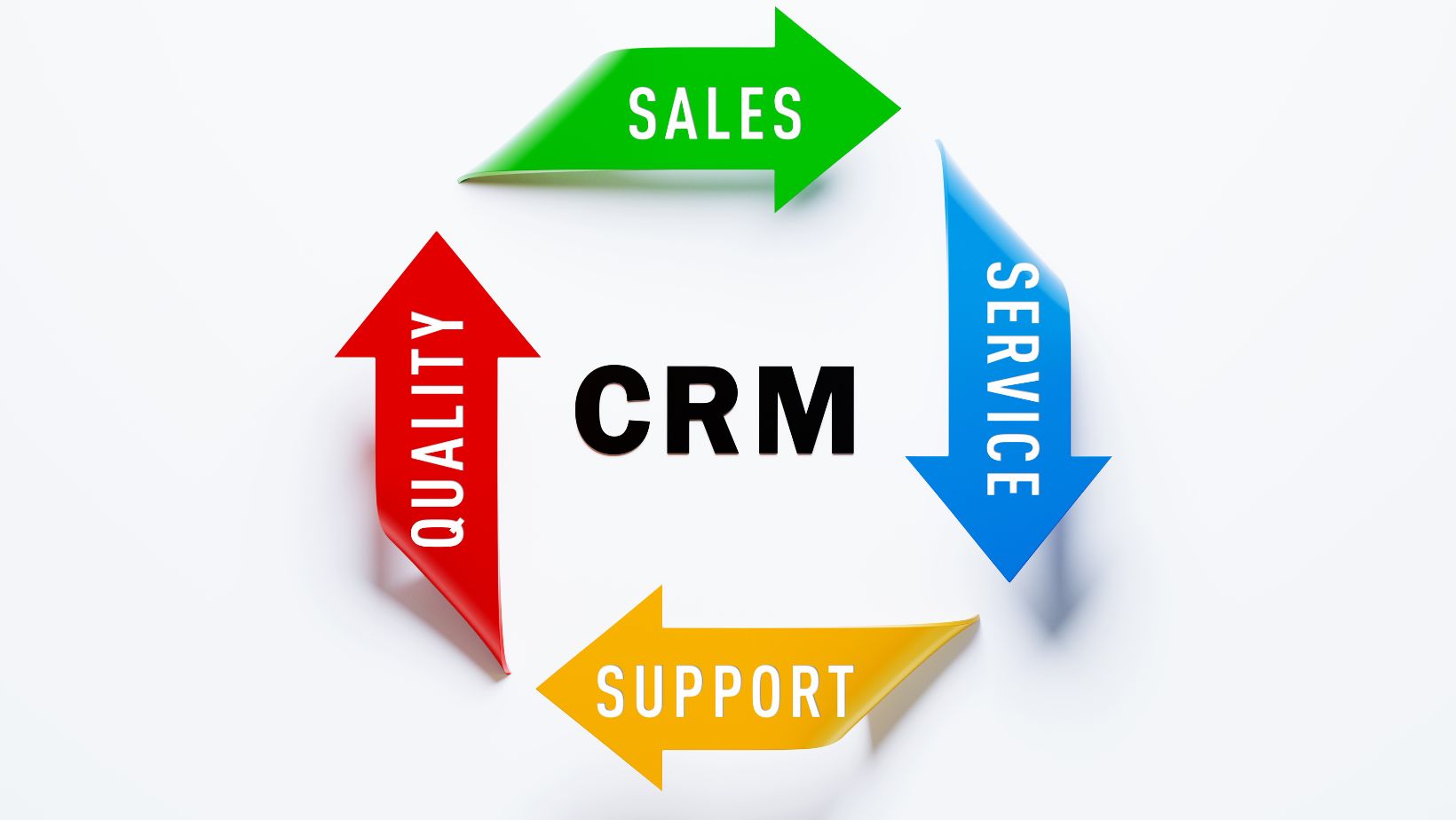In this highly competitive world of business, Customer Relationship Management (CRM) has transformed from a tool to a critical strategy for companies of all sizes. This article dives into the significance of CRM in business with a focus on how it improves efficiency and boosts profitability.
Why is CRM important to businesses today?
Efficiency in Customer Management
Efficiency lies at the core of CRM. In an era overwhelmed with data, having a system to handle customer interactions and data becomes essential. CRM simplifies administrative tasks and reduces response times. Enhances the effectiveness of customer engagement.
Imagine a scenario where customer information is scattered across departments, causing delays in resolving inquiries and providing support. With CRM, all customer data is readily accessible. This translates into faster response times, personalized interactions, and a substantial reduction in burdens. Efficiency in customer management is not just a convenience; it’s a competitive advantage.
Data-Driven Decision Making
Data-driven decision-making is one of the principles in business practices. The importance of Customer Relationship Management is that it offers insights into customer behavior and preferences.
This information provides businesses with the knowledge they need to make informed decisions about developing products, creating marketing strategies, and delivering customer support.
Let’s imagine a scenario where a company introduces a product without understanding its target audience. This can result in wasted resources and missed opportunities. CRM allows businesses to segment their customer base, identify trends, and tailor their offerings to align with customer needs. The outcome? A higher chance of achieving success and profitability.
Improved Customer Service
Customer satisfaction is crucial. Satisfied customers will not just become repeat purchasers but enthusiastic advocates for your brand. CRM in business serves as a tool for taking customer service to new levels.

Imagine a situation where a customer reaches out to your support team with an issue. Without CRM, support agents might lack context about the customer’s interactions with the company. This can lead to frustration and delayed problem resolution. However, by utilizing CRM, support agents have access to an overview of each customer’s history. This means they can provide assistance, resolve issues quickly, and even anticipate future needs.
Furthermore, CRM enables companies to implement loyalty programs effectively. By tracking customer behavior, businesses can reward customers with customized offers and incentives. This strengthens customer retention and also drives increased sales and revenue.
Improving Business productivity with CRM
Driving Growth in Sales and Revenue
Increasing sales and revenue is an objective for any business. The use of CRM plays a role in accomplishing this goal. It helps identify opportunities to upsell and cross sell by tracking customer interactions and purchase history. Moreover, CRM ensures that potential sales opportunities are not missed, ultimately leading to revenue and improved profitability.
Lets consider a scenario where a sales team manages leads, resulting in overlooked follow-ups and lost sales prospects. With CRM automating lead tracking and follow-up processes no potential sale slips through the cracks. This streamlined approach results in conversions and facilitates revenue growth.
Optimizing Marketing Strategies
Marketing efforts can be resource-intensive when not properly targeted. Sending messages to an audience often leads to wasted resources and low conversion rates. Here’s where CRM benefits come into play.

CRM enables customer segmentation based on demographics, behaviors, and preferences. This allows for targeted marketing campaigns tailored to customers who have expressed interest in products or services. The outcome? Not just a higher response. But also a cost savings as resources are allocated more efficiently.
Enhancing Internal Efficiency
Efficiency isn’t limited to customer-facing processes alone; it extends to operations as well. CRM streamlines procedures, contributing significantly to business efficiency.
CRM, by automating tasks such as tracking and data entry, allows employees to focus on higher-value activities. Instead of spending time and effort on data entry and administrative tasks, CRM automates these processes, freeing up employees to concentrate on strategic endeavors that drive business growth. This increased efficiency not only leads to cost savings but also enhances productivity.
In summary, CRM serves as a factor for businesses looking to thrive in a competitive landscape. It promotes efficiency, improves customer service and ultimately boosts profitability. By utilizing CRM, businesses can make data-informed decisions increase sales figures, and streamline their operations.
To fully unleash the potential of CRM for your business needs, you may want to explore the services provided by Customerization — Zoho CRM consultants specializing in business automation solutions.
Investing in CRM means investing in the future of your business. It’s a decision that not only enhances efficiency but also contributes to long-term profitability and success within todays dynamic business environment. Don’t delay; leverage CRM technology to propel your business towards heights.


